Season 3: Building business resilience
Change the narrative and become more sustainable
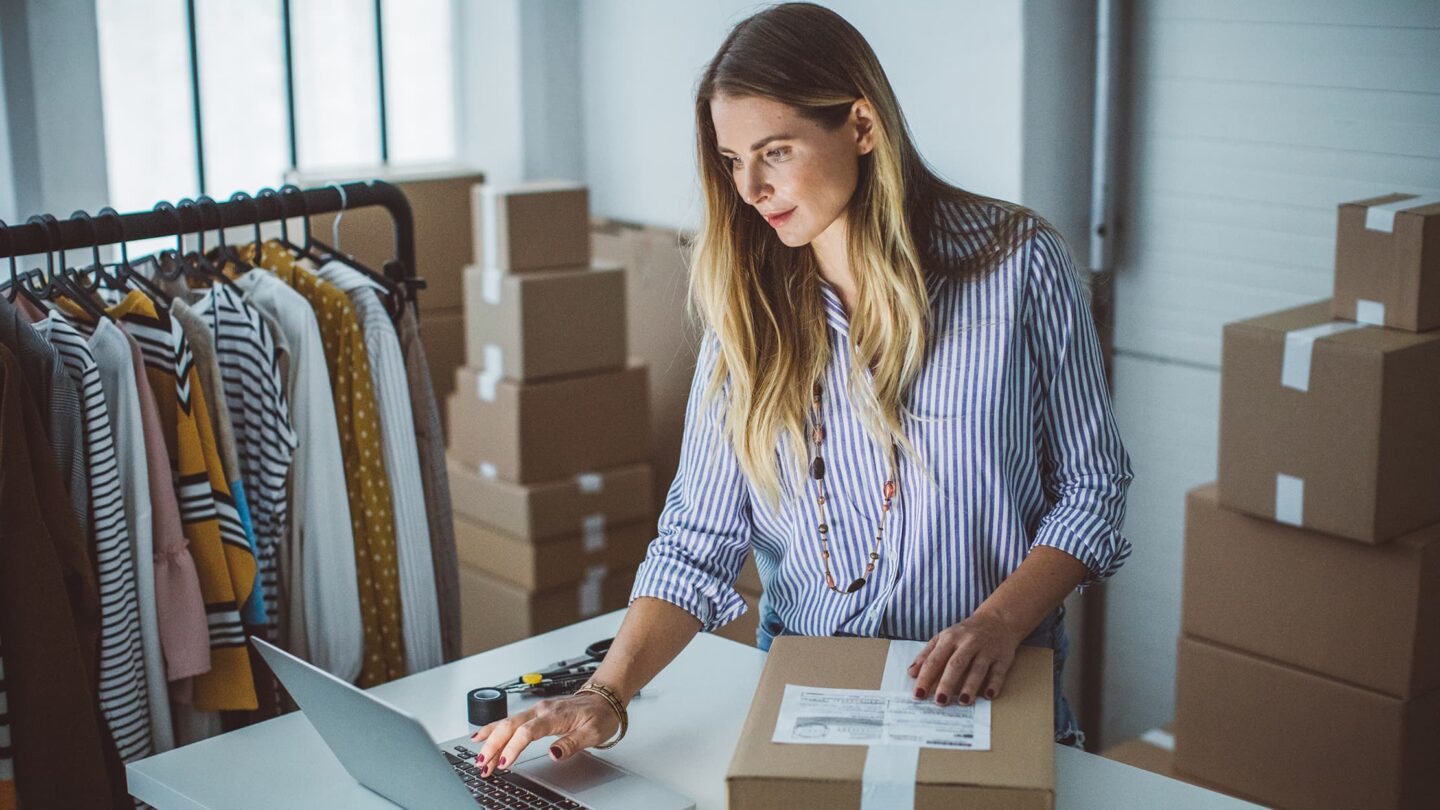
Governments and businesses are losing millions of dollars globally because of inaction on the climate crisis. Projections say that the global economy could lose 10 per cent of its revenue by 2050 if we don’t correct our course, according to new Swiss Re Institute research.
At the same time, some sustainable businesses are experiencing faster growth and greater resilience in the storm of political, economic and energy disruptions. Not only this, but their employees and customers are more loyal because they are engaged, motivated and driven by shared values.
What does this mean in practical terms?
As a wildlife filmmaker, conservationist, and the founder and CEO of film production company, Untamed Planet, my work takes me all over the world. I’ve seen first-hand the impact of climate change on our wild ecosystems and most vulnerable communities.
I’m always thinking about my responsibility to make a difference, but as someone who runs a growing company, I also need to think about the bottom line.
Malaika VAZ
How do you balance the two?
Actually, it’s not that hard. The world of sustainability and financial strength often go hand in hand – in fact, protecting the planet makes business sense.
Every day we can see the impact of climate change on our planet – flash floods, hurricanes, heat waves and food shortages. While this is a global challenge for all of us, businesses are uniquely positioned to help combat the climate crisis.
Just like the planet, your business needs to be durable to weather the storm of uncertainties like economic disruption, supply chain issues and soaring energy bills.
Choosing to create a robust business does not have to be the opposite of prioritizing our natural world. In fact, choosing to be more sustainable helps to create more efficiency often – and that helps with keeping costs down for small businesses.
You can choose both
I know what you’re thinking: this is a massive global issue, how can my business alone make a difference?
I believe that one of the most detrimental narratives in the environmental movement is the idea of perfectionism. That we have to be 100% carbon neutral with zero impact on the plant to be truly ecofriendly. And why bother if you can’t do that?
Here’s the thing: no one expects you to be perfect
In 2021, we scaled up operations internationally and I moved to New York – meaning our production company is now based between India and the United States. When we’re on shoots, we have to travel long distances to get to remote locations. I take a lot of flights and my carbon footprint is actually quite high.
So, what do we do?
In my opinion, we do what we can to reduce our footprint and control what is in our power. It’s more important to have 100 individuals who are trying their very best, even if they can’t be perfect on a daily basis, than five individuals who are completely perfect.
Think local
We hire as many people locally as we can – from cinematographers to field producers and local naturalists, whether that’s in India, the Maldives, China, the United States. We also eat delicious, fresh and local produce and meals cooked by communities in the region. We’ve also worked on projects where we’ve acquired archive footage from other filmmakers for short sequences, rather than having entirely new shoots to get a few shots.
Attract and retain talent
As we made our practices more sustainable, we attracted and retained talented young filmmakers and collaborated with other entrepreneurs and people who really care about the planet. We also began to work more with television networks are increasingly concerned with the environmental impact of shoots, and are actively seeking out sustainability-focused crews.
We expanded our operations, took on more challenging projects, and always put our best foot forward with everything we produce.
The ripple effect
At the beginning of our journey, we could see sustainable practice made planetary sense. But now we’re seeing how it makes strategic sense, too. So instead of making one big, perfect change, try making a few small adjustments to set your sustainable business up for resilience, growth and success.
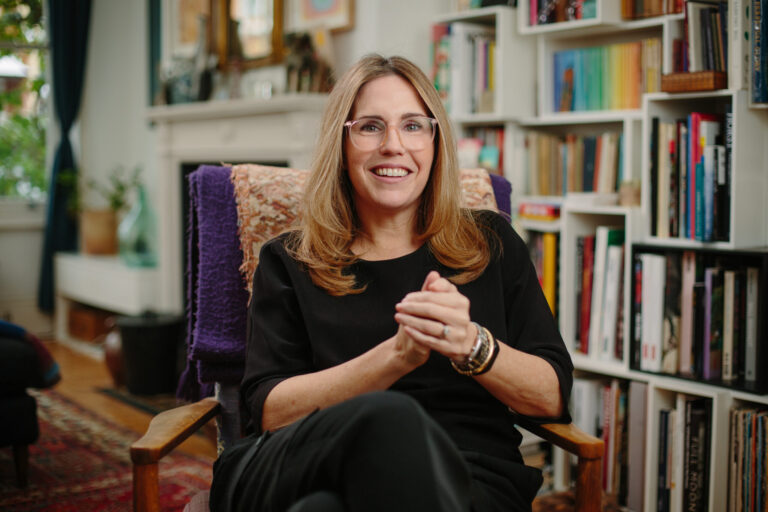
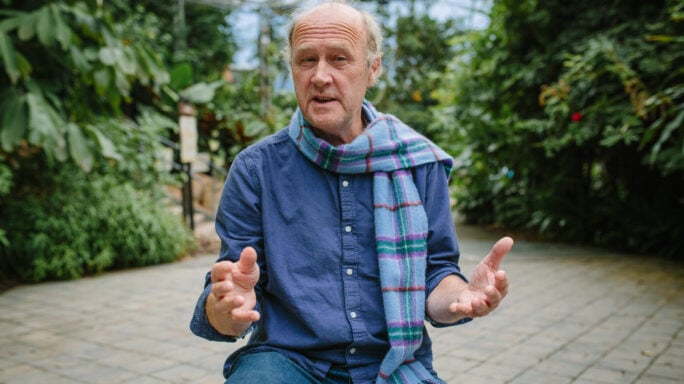
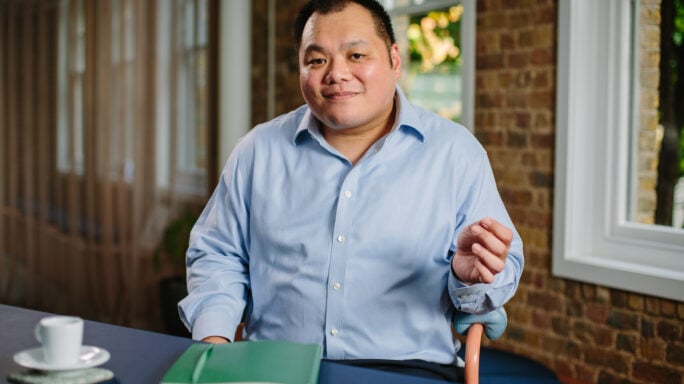

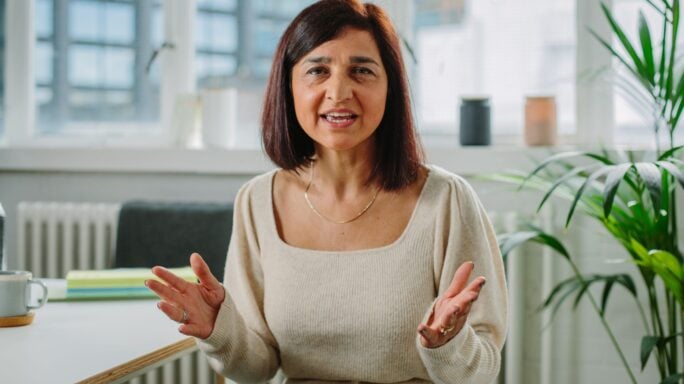
Leave a comment